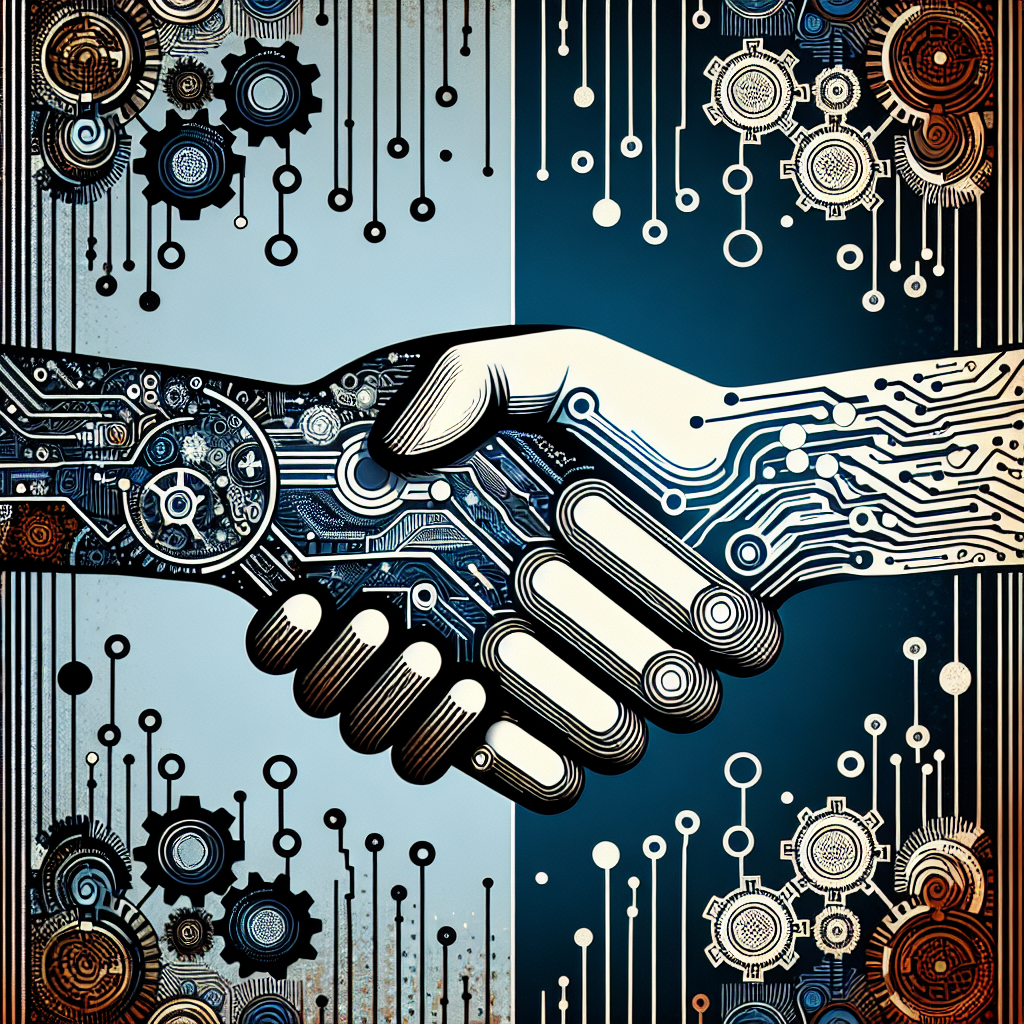Exploring the Implications of AGI on Society and Workforce
Artificial General Intelligence (AGI) is a term used to describe a hypothetical machine that has the ability to perform any intellectual task that a human can. While we are still far from achieving true AGI, the rapid advancements in artificial intelligence (AI) are bringing us closer to this goal every day. As we inch closer to the development of AGI, it is important to consider the implications that this technology will have on society and the workforce.
In this article, we will explore the potential impacts of AGI on society and the workforce, as well as address some frequently asked questions about this emerging technology.
Implications of AGI on Society
The development of AGI has the potential to revolutionize many aspects of society. Here are some of the key implications of AGI on society:
1. Automation of Jobs: One of the most significant implications of AGI is its potential to automate a wide range of jobs. As AGI becomes more advanced, it will be able to perform tasks that currently require human intelligence, such as decision-making, problem-solving, and creativity. This could lead to widespread job displacement and a shift in the types of skills that are in demand in the workforce.
2. Economic Disruption: The automation of jobs by AGI could lead to economic disruption, as workers are displaced and industries are transformed. This could lead to increased income inequality, as those with the skills to work alongside AGI thrive while others struggle to find employment.
3. Ethical Considerations: The development of AGI raises a number of ethical considerations, such as the potential for bias in AI algorithms, the impact on privacy and data security, and the potential for AGI to be used for malicious purposes. It will be important for society to grapple with these ethical considerations as AGI becomes more prevalent.
4. Social Impact: AGI could have a significant impact on social dynamics, as humans interact more with intelligent machines. This could lead to changes in how we communicate, form relationships, and make decisions. It will be important for society to consider how to navigate these changes in a way that promotes positive outcomes for all.
Implications of AGI on the Workforce
The development of AGI will also have a significant impact on the workforce. Here are some of the key implications of AGI on the workforce:
1. Job Displacement: As AGI becomes more advanced, it has the potential to automate a wide range of jobs, leading to job displacement for many workers. This could lead to widespread unemployment and a need for workers to retrain for new types of jobs.
2. New Opportunities: While AGI may automate some jobs, it will also create new opportunities for workers in industries that benefit from the technology. Workers with the skills to work alongside AGI will be in high demand, creating new job opportunities in fields such as AI research, data analysis, and machine learning.
3. Retraining and Upskilling: As the workforce adapts to the rise of AGI, there will be a need for workers to retrain and upskill in order to remain competitive in the job market. This will require investment in education and training programs to help workers develop the skills they need to thrive in a world where AGI is prevalent.
4. Redefining Work: The rise of AGI could also lead to a redefinition of work, as humans and machines collaborate to perform tasks that neither can do alone. This could lead to a shift in how we think about work, with a greater emphasis on creativity, problem-solving, and emotional intelligence.
Frequently Asked Questions about AGI
Q: What is the difference between AGI and narrow AI?
A: AGI refers to a machine that has the ability to perform any intellectual task that a human can, while narrow AI refers to AI systems that are designed for specific tasks, such as playing chess or recognizing images. AGI is more flexible and adaptable than narrow AI.
Q: When will AGI become a reality?
A: It is difficult to predict when AGI will become a reality, as it will require significant advancements in AI research and technology. Some experts believe that AGI could be achieved within the next few decades, while others believe it is still a long way off.
Q: What are the potential risks of AGI?
A: Some of the potential risks of AGI include job displacement, economic disruption, ethical considerations, and social impact. It will be important for society to carefully consider these risks and develop strategies to mitigate them.
Q: How can society prepare for the rise of AGI?
A: Society can prepare for the rise of AGI by investing in education and training programs to help workers develop the skills they need to thrive in a world where AGI is prevalent. It will also be important for policymakers to consider the ethical implications of AGI and develop regulations to ensure its safe and responsible development.
In conclusion, the development of AGI has the potential to revolutionize society and the workforce in profound ways. While the implications of AGI are still uncertain, it is important for society to consider these potential impacts and develop strategies to navigate the rise of this transformative technology. By addressing the ethical considerations, investing in education and training, and reimagining the future of work, we can ensure that AGI benefits society as a whole.

